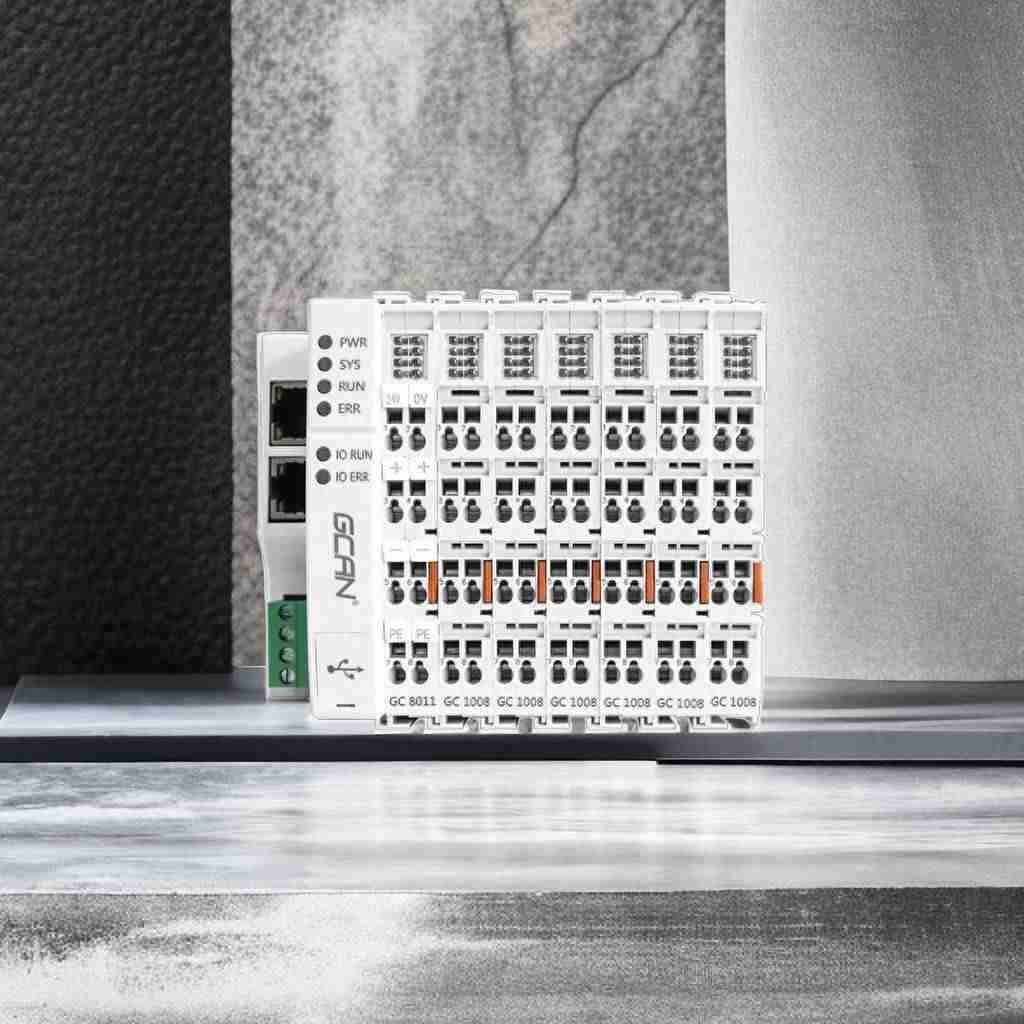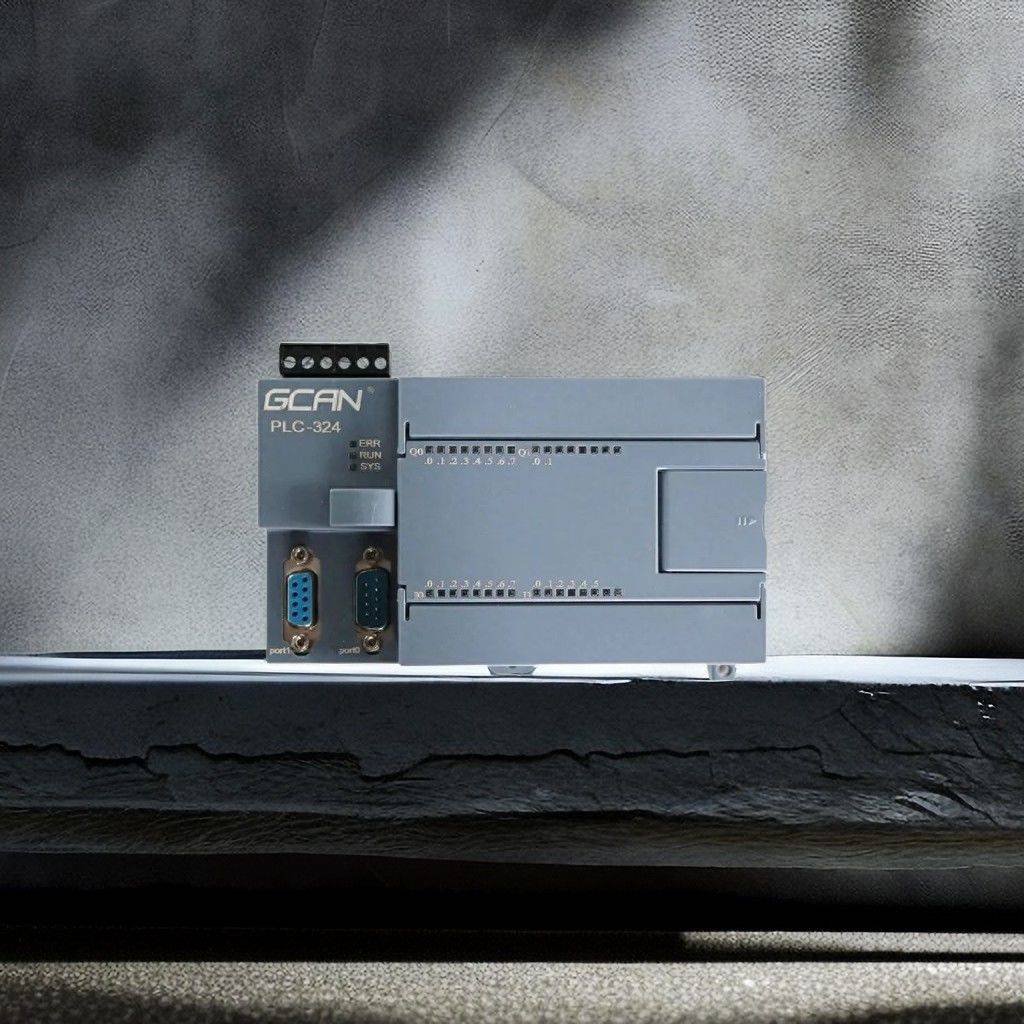PLC 엔지니어로서 저는 농부들이 농경지에서 효율적인 관개를 달성하는 데 있어 직면한 어려움을 잘 알고 있습니다. 기존의 관개 방식은 종종 물 낭비와 최적의 농작물 성장을 저해하는 결과를 초래합니다. 하지만 PLC 기술관개 방식을 혁신하여 관개 방식을 변화시킬 수 있습니다. 더 스마트하고, 더 정확하고, 더 효율적입니다.
1. 센서 모니터링
토양 수분 센서와 수위 센서를 설치하면 PLC 시스템은 토양의 수분 함량과 수자원의 가용성을 지속적으로 모니터링할 수 있습니다. 이러한 센서는 PLC에 실시간 데이터를 제공하여 정보에 입각한 의사 결정을 내릴 수 있도록 지원합니다.
2. 데이터 분석 및 의사 결정
PLC는 센서에서 수집한 데이터를 사용하여 토양 특성, 작물 요구 사항 및 기상 조건과 같은 다양한 요소를 분석합니다.
이 분석을 바탕으로 PLC는 최적의 관개 계획을 결정하고 그에 따라 관개 주기와 물의 양을 자동으로 조정합니다.
3. 액추에이터 제어
PLC는 다음과 같은 관개 시스템에서 액추에이터를 구동합니다. 전자기 밸브 또는 펌프를 사용하여 적시에 관개를 시작하고 중지할 수 있습니다. PLC는 물의 양과 관개 타이밍을 정밀하게 제어하여 효율적인 물 사용을 보장하고 낭비를 최소화합니다.


4. 알람 및 오류 진단
PLC는 모니터링 기능을 통해 관개 시스템의 이상이나 결함을 감지할 수 있습니다.
이러한 경우 즉시 알람 알림을 전송하여 농부에게 필요한 조치를 취하도록 경고합니다. 이를 통해 수원 중단, 파이프 막힘 또는 센서 오작동과 같은 잠재적인 문제를 예방할 수 있습니다.
5. 원격 모니터링 및 제어
PLC 기술은 다음을 지원합니다. 원격 모니터링 및 제어 관개 시스템을 구축할 수 있습니다. 농부들은 모바일 기기나 컴퓨터를 사용하여 관개 상태를 실시간으로 모니터링하고, 매개변수를 조정하고, 시스템을 원격으로 작동할 수 있습니다. 이를 통해 농부들은 언제 어디서나 관개를 관리할 수 있는 편리함과 유연성을 제공합니다.
6. 데이터 로깅 및 분석
PLC 시스템은 물 소비량, 일정, 수분 변동과 같은 중요한 관개 데이터를 기록합니다. 이 데이터는 추가 분석, 최적화 및 보고서 생성에 사용할 수 있습니다. 농부들은 이 정보를 활용하여 관개 효과와 효율성을 지속적으로 개선할 수 있습니다.
결론적으로 PLC 기술은 농업 분야에서 효율적인 관개를 달성하기 위한 획기적인 솔루션을 제공합니다. 센서 모니터링, 데이터 분석, 정밀한 제어, 원격 기능 및 데이터 로깅 기능을 제공합니다, PLC 시스템 농부들이 더 현명한 관개 결정을 내리고, 수자원을 절약하며, 작물 수확량을 극대화할 수 있도록 지원합니다. 지금 바로 PLC 기술을 도입하여 관개 관행을 혁신하세요!
찾고 계십니까? 다음 프로젝트를 위한 프로그래머블 로직 컨트롤러 ? 자세히 알아보려면 클릭하세요!
